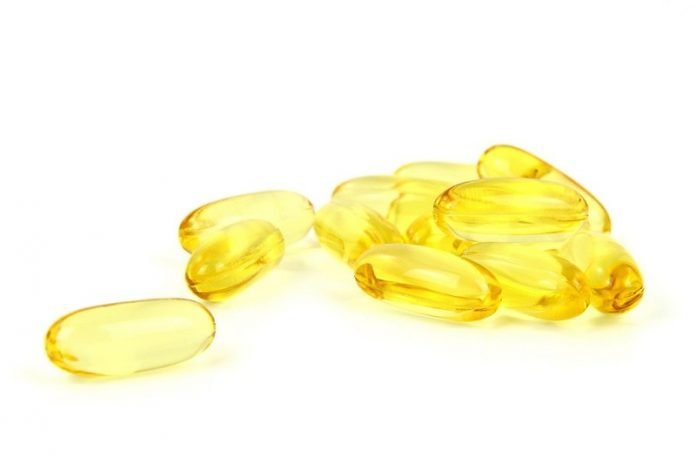
In a new study, researchers found that vitamin D3 could balance people’s immune systems and help strengthen defenses against viral infections such as COVID-19.
Vitamin D is best known for its role in maintaining bone health and calcium homeostasis.
However, it also exerts a broad range of extra-skeletal effects on cellular physiology and on the immune system.
In the current study, the team from Universities of Surrey and Brighton investigated the impact of vitamin D supplements—D2 and D3—taken daily over a 12-week period on the activity of people’s blood.
Contrary to widely held views, the team discovered that the two types of vitamin D did not have the same effect.
But vitamin D3 had a modifying effect on the immune system that could fortify the body against viral and bacterial diseases.
As Professor Colin Smith says, vitamin D3 appears to stimulate the type I interferon signaling system in the body—a key part of the immune system that provides the first line of defense against bacteria and viruses.
A healthy vitamin D3 status may help prevent viruses and bacteria from gaining a foothold in the body.
Although some foods are fortified with vitamin D, like some breakfast cereals, yogurts, and bread,few naturally contain the vitamin.
Vitamin D3 is produced naturally in the skin from exposure to sunlight or artificial ultraviolet UVB light, while some plants and fungi produce vitamin D2.
Many people have insufficient levels of vitamin D3 because they live in locations where sunlight is limited in the winter, like the UK.
The COVID-19 pandemic has also limited people’s natural exposure to the sun due to people spending more time in their homes.
The findings suggest that it is important for people to take a vitamin D3 supplement, or suitably fortified foods, especially in the winter months.
If you care about vitamins, please read studies that vitamin K may lower your heart disease risk by a third, and low vitamin D may speed up cognitive decline.
For more information about Covid, please see recent studies about antibodies that can neutralize Omicron, and results showing this low-cost drug can treat COVID-19 effectively and safely.
The study was conducted by Louise R. Durrant et al., and published in Frontiers in Immunology.



